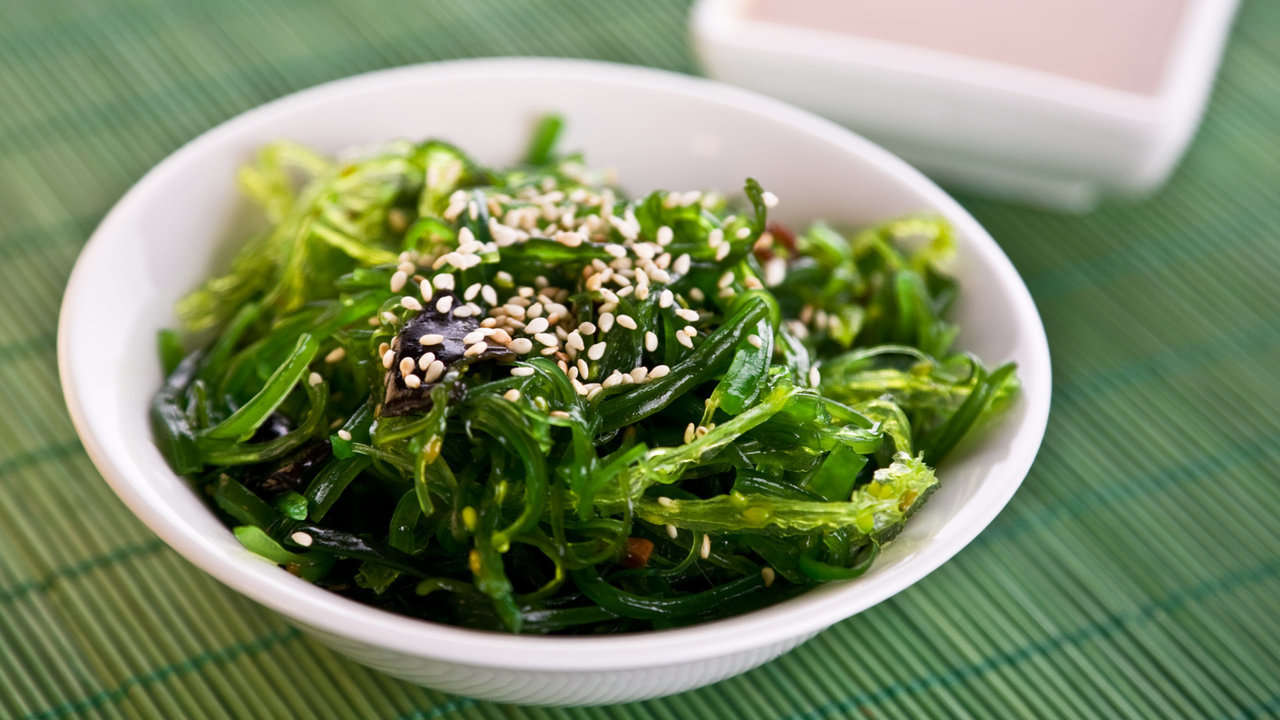Introduction to Kelp
Kelp is a type of large brown seaweed that belongs to the algae family. It is commonly found in underwater forests along coastal areas worldwide. Kelp is known for its rich nutritional profile and potential health benefits, making it a popular ingredient in various cuisines and dietary supplements.
Nutritional Content of Kelp
Kelp is a nutrient-dense food, rich in vitamins, minerals, antioxidants, and bioactive compounds. It is particularly high in iodine, a mineral essential for thyroid function and metabolism. Additionally, kelp contains vitamins A, C, E, K, B vitamins, calcium, magnesium, potassium, and iron.
Health Benefits of Kelp
Thyroid Health
Due to its high iodine content, kelp may support thyroid function and help prevent iodine deficiency disorders such as goiter and hypothyroidism.
Weight Management
Some studies suggest that compounds found in kelp may help regulate metabolism and promote weight loss by increasing feelings of fullness and reducing calorie absorption.
Heart Health
Kelp contains antioxidants and omega-3 fatty acids, which may help reduce inflammation, lower blood pressure, and improve cardiovascular health.
Bone Health
The calcium, magnesium, and vitamin K content of kelp may contribute to bone health and reduce the risk of osteoporosis and fractures.
Antioxidant Properties
Kelp contains various antioxidants, including fucoxanthin and polyphenols, which help neutralize free radicals and protect cells from oxidative damage.
Culinary Uses of Kelp
Kelp can be incorporated into a wide range of dishes, including soups, salads, stir-fries, sushi, and smoothies. It is available fresh, dried, or powdered and can be used as a flavoring agent, thickening agent, or garnish in various recipes. Kelp noodles and kelp supplements are also popular options for adding kelp to the diet.
Frequently Asked Questions (FAQs)
Is kelp safe for everyone to consume?
While kelp is generally safe for most people when consumed in moderation, individuals with thyroid disorders, iodine allergies, or seafood allergies should exercise caution and consult with a healthcare professional before consuming kelp regularly.
Can kelp supplements replace iodine medications for thyroid disorders?
Kelp supplements should not be used as a replacement for iodine medications prescribed for thyroid disorders. It’s essential to follow medical advice and treatment plans provided by healthcare professionals for managing thyroid conditions.
How much kelp should I consume daily to reap its health benefits?
The recommended daily intake of iodine varies depending on age, sex, and physiological status. It’s essential to consume kelp and other iodine-rich foods in moderation to avoid excessive iodine intake, which can lead to adverse health effects.
Are there any side effects associated with consuming too much kelp?
Excessive consumption of kelp may lead to iodine toxicity, which can cause thyroid dysfunction, gastrointestinal disturbances, and allergic reactions. It’s crucial to monitor iodine intake and avoid overconsumption of kelp and other iodine-rich foods.
Can kelp supplements interact with medications?
Kelp supplements may interact with certain medications, including thyroid medications, blood thinners, and medications for high blood pressure. It’s essential to consult with a healthcare professional before taking kelp supplements, especially if you are taking medications.
Are there any environmental concerns associated with harvesting kelp?
Sustainable harvesting practices are essential to prevent overexploitation of kelp beds and protect marine ecosystems. It’s crucial to choose sustainably sourced kelp products and support companies that adhere to responsible harvesting practices.
- What To Do After Having Lip Filler - May 23, 2025
- What Are The Best Times To Take CBD Gummy Edibles - May 22, 2025
- How To Achieve A Youthful Look By Correcting A Downturned Smile - May 21, 2025



